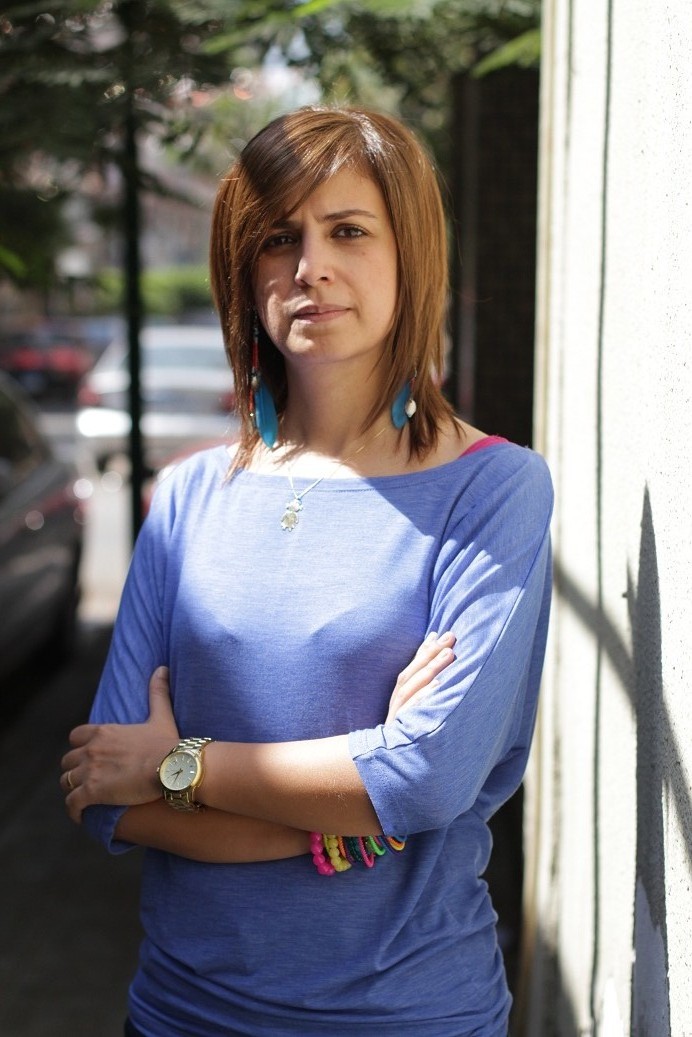
The Second Republic…The Fourth Dictator
Change, Liberty, and Human Dignity…Bread, Freedom, and Social Justice
Along with the overthrow of the regime, these are the key demands raised by the Egyptian people during the revolution.
After eighteen days, the head of the regime fell without executing the revolution’s key demands – not one of which was the establishment an Islamic caliphate or the enforcement of a moderate or extremist conception of Shari’a law.
In fact, the revolution did not raise a single religious demand; nor did it call for any military rule. Instead, it was a civil, peaceful revolution that inspired peoples and democratic movements both inside and outside of the Arab world to demand, drink up, and possess the spirit and will that had deposed one of the harshest dictatorships in the world.
We cannot categorise the period of military rule after the revolution as anything less than a time of blundering and a plot against the revolution.
But, thanks to popular will and clear determination, the army departed and Egypt launched its Second Republic, electing its first civil president since becoming independent from Great Britain.
Political confusion and rivalry are the natural results of any major revolution. Moreover, it is logical for each party to demand that its goals are executed.
However, for the patience of Dictator Morsy to be exhausted, for him to resort to the worst possible recourse available to as an elected president, this constitutional decree that gathers absolute power and authority in the his hands, makes his decisions exempt from even the judges, and also places the Constituent Assembly and Shura Council above judicial review, he lays the foundation for dictatorial rule regardless of his intentions and personality. Because, as the lawyers say, papers are more important than promises, and laws are stronger than intentions.
Before Egypt is blessed with its Second Republic and its people learn to identify the defining feature of military rule, whether it was achieved via a coup or rigged elections, this declaration turns Egypt into its fourth dictatorship since July 1952 – excluding the brief period of president Mohamed Nagib whom only ruled for a few months.
Strangely some members of the Muslim Brotherhood and the leadership of the Freedom and Justice Party readily acknowledge that this declaration lays the foundations for a dictatorship. However, they ask we the people to tolerate this dictatorship for two months.
I did not hasten to attack the strangeness of this request. Instead, I searched for an example of a revolution that postponed the achievement of its demands to accept a dictatorship for two months, two days, or even two hours; I did not find one.
I searched and searched but found the opposite.
Accepting a declaration like this will neither distance nor free Egypt from the spectre of dictatorship even if the president is telling the truth and not exaggerating in promise or word.
Not one dictator has ever peacefully left power. And even with the presence of those supporting a dictator, those discouraged by the status quo and some well-intentioned individuals, no people has ever submitted itself to a dictatorship without oppression.
It would have been better for the president to decree the Judiciary Law and then pass the issue of judicial reform and the appointment a new public defender to Supreme Judicial Council, especially since its head is renowned for independence and truthfulness.
It would have been better for the president to carry out his promise to reform the Constituent Assembly that he stated not long before being elected president of Egypt, or at least exert some effect to heal the rift that has befallen the Assembly since the withdrawal of a large number of its members.
The decree has clearly unveiled three blocs whose boundaries were previously ambiguous and overlapping: 1. The obvious remnants of the Mubarak regime who openly and explicitly supported and benefit from it. 2. The blood of the martyrs and revolutionaries who are difficult to defeat and whose insistence upon human dignity and social justice is tireless. 3. The Muslim Brotherhood and its supporters who wish to rule, possess power, and exclude all those that refuse their vision.
Hope still remains for the wise and prominent members of the Islamist current to urge the president to cancel or at least amend this decree. Coexistence and dialogue are not impossible. However, it is impossible for human dignity and social justice to converge with a dictatorship at a single point. Instead, both remain points that are parallel and non-convergent.


